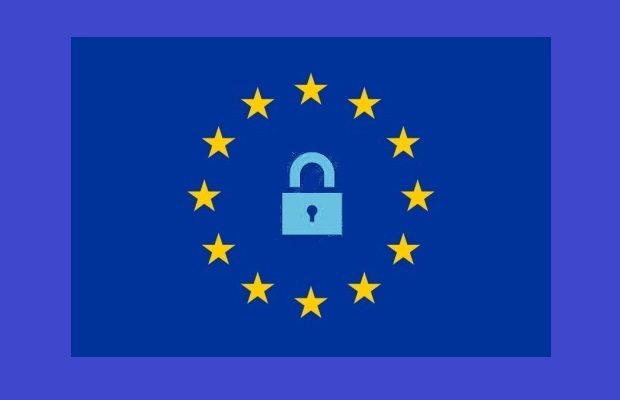The EU’s plans of restricting collection and use of data in digital advertising could have serious and unintended consequences for the EU economy, for Europe’s independent media, and for the accessibility of the internet itself, according to trade body IAB Europe.
These are the findings of new research exploring the likely impact of the ePrivacy Regulation proposed in the European Parliament.
New analysis from the independent financial research company IHS Markit shows digital advertising contributing to €526 billion of the EU’s annual GDP, both directly and through the growth it enables for EU businesses. However, up to half of the digital advertising market could disappear if proposed restrictions on the use of data in advertising came into force.
The research company GfK conducted online surveys with over 11,000 internet users across 11 EU countries. They explored the types of content they access online, their attitudes to data-driven advertising, and their willingness to pay for content as an alternative to advertising.
Key findings include:
• 68% of European internet users say they would never pay for news content online – even if no free content were available
• 83% prefer free content with advertising to being required to pay
• 92% say they would significantly reduce their internet use if asked to pay for content
• 69% are willing for browsing data to be used in advertising, in order to access free content
![]()
The IHS Markit analysis reveals that 66% of current digital advertising spend depends on data, and that the use of data drives 90% of annual growth in the digital advertising market. Data-driven advertising is over 500% more effective than advertising without data and is crucial for providing advertisers with transparency on who sees their ads. Because of this, advertisers will slash their investment in digital advertising if data can no longer be used.
Impoverishment of the media landscape
A halving of digital advertising spend would have serious consequences for the EU economy, and equally serious consequences for Europe’s media. Data-driven advertising increases the value of online advertising units by 300%, and the increase in value is particularly significant for smaller publishers, which would otherwise struggle to access digital advertising revenues. IHS Markit’s econometric analysis predicts that the impact of restricting data in advertising would be 5x greater on smaller, independent publishers.
In its survey of 11,000 internet users in 11 EU countries, the market research company GfK explored attitudes to digital advertising, to sharing data, and to the prospect of paying for content. It found that only 30% of Europeans are prepared to pay for content to replace digital advertising revenues, and the average amount they are prepared to pay (€3.8 per month) is far below the amount that news sites need to fund their journalism. With digital advertising spend plummeting and audiences refusing to pay, the outlook for newspapers looks bleak. A lack of investment in objective, good-quality journalism is likely to have serious consequences for the social and political landscape in Europe.
The GfK study also revealed the likely impact of a decline in digital advertising revenues on the accessibility of the internet itself. More than two-thirds of Europeans (68%) have never paid for any of the online content or services that they use. When asked how their internet use would change if required to pay, 88% said that they would significantly reduce the amount of time that they spend online. In contrast, 69% said they were willing for their browsing data to be used in advertising, in order to access free content. Overall, 80% said that they prefer free content with advertising to paid-for content.
“These findings should give MEPs very significant cause for concern as they consider the proposed ePrivacy Regulation,” said Townsend Feehan, CEO of IAB Europe. “The alternative to data-driven advertising isn’t just less targeted advertising – it’s a digital ad industry half the size that it is today. That has huge consequences for Europeans’ experience of the internet, for the EU economy and for the existence of a free and balanced media. The latest research shows that the appetite for paying for online content simply doesn’t exist to a viable degree amongst EU citizens. Ignoring this fact is a recipe for economic, social and political disaster.”
Research co-funded by the European Interactive Digital Advertising Alliance (EDAA) and the Interactive Advertising Bureau Europe (IAB Europe).
Read more here
The Economic Value of Behavioural Targeting in Digital Advertising – IHS Markit Study
Source: https://www.iabeurope.eu/

